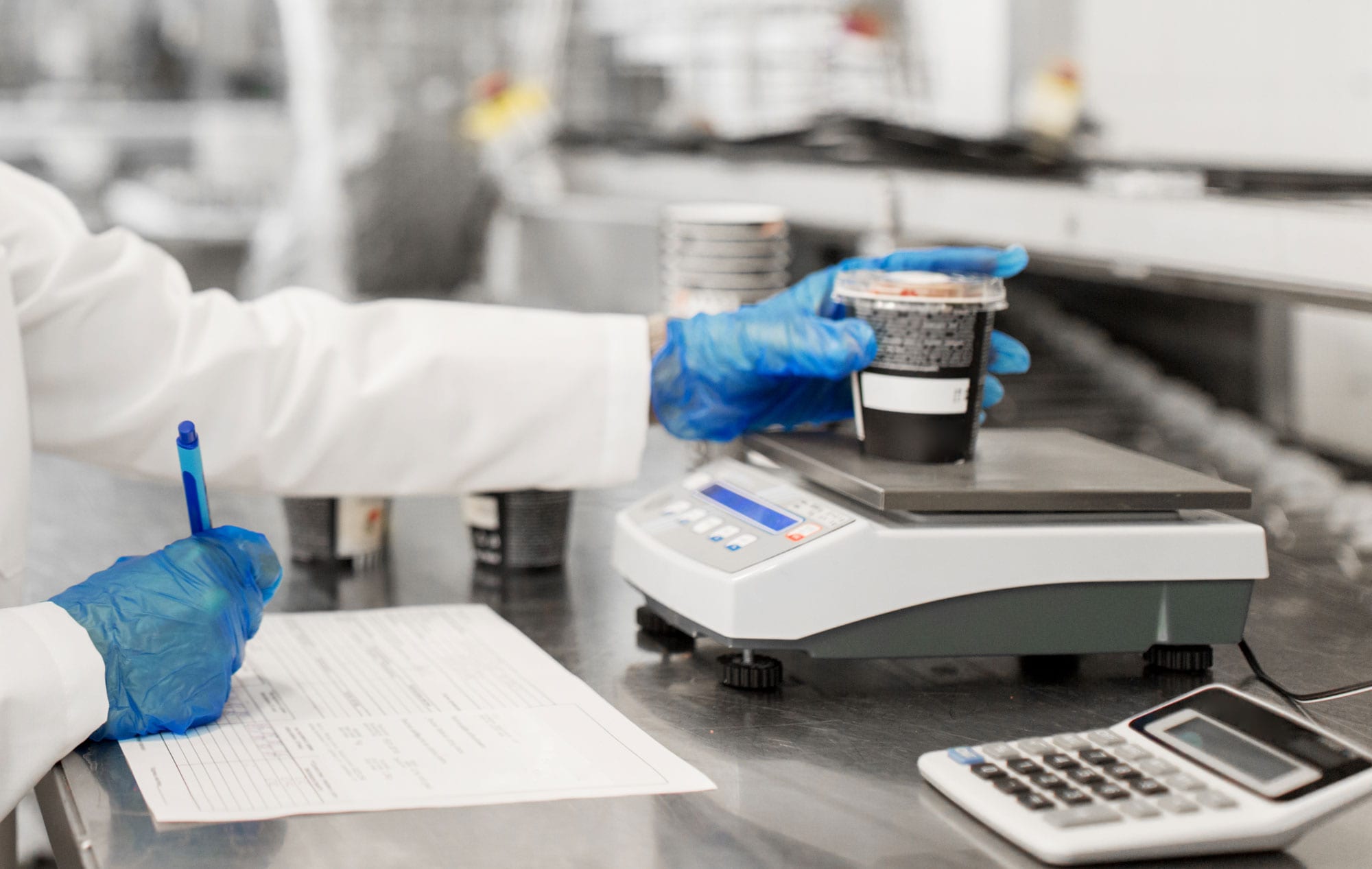
Image Source: Google
Proper calibration of weighing scales is crucial in ensuring accuracy and efficiency in various industries. In sectors such as manufacturing, pharmaceuticals, food production, and logistics, precise measurements are essential for quality control, compliance with regulations, and ultimately, customer satisfaction. Mastering accuracy through regular calibration of weighing scales is key to achieving these goals.
Calibration is the process of comparing the readings of a weighing scale to known standard weights to determine its accuracy. Over time, factors such as temperature fluctuations, wear and tear, and external forces can affect the performance of a scale, leading to inaccuracies in measurements. By calibrating weighing scales regularly, businesses can identify and correct any deviations from the standard, ensuring that the scale provides consistent and reliable results. If you need more information about weighing scale calibration, you may visit here https://industrialscaleinc.com/services/iso-17025-scale-calibration-2/
In the manufacturing industry, accurate weighing is critical for ensuring the quality of products and minimizing waste. Whether it's measuring raw materials for production or conducting quality checks on finished goods, having properly calibrated weighing scales is essential. Any discrepancies in measurements can lead to defective products, production delays, and increased costs. By investing in calibration services and maintenance for their weighing equipment, manufacturers can optimize their processes and improve overall efficiency.
Similarly, in the pharmaceutical industry, precise measurements are vital for ensuring the safety and efficacy of medications. From weighing active ingredients for formulation to packaging and labeling finished products, every step in the pharmaceutical manufacturing process relies on accurate measurements. Any errors in weighing can have serious consequences, such as incorrect dosages or compromised product quality. By calibrating weighing scales regularly and following strict quality control protocols, pharmaceutical companies can uphold the highest standards of accuracy and compliance.
Food production is another industry where weighing scales play a crucial role in maintaining quality and safety standards. In facilities where ingredients are measured, mixed, and packaged, even minor deviations in weights can result in batches that are out of specification. This can lead to product recalls, loss of consumer trust, and potential legal liabilities. By calibrating weighing scales frequently and implementing proper handling procedures, food manufacturers can ensure that their products meet regulatory requirements and consumer expectations.
Logistics and transportation companies also rely heavily on weighing scales for accurate measurements of cargo and goods. Whether it's determining the weight of packages for shipping or ensuring that trucks are not overloaded, precise weighing is essential for maintaining efficiency and safety in the supply chain. Improperly calibrated scales can lead to inaccurate weight calculations, which can result in additional costs for shipping, delays in delivery, or even fines for non-compliance. By calibrating weighing scales regularly and training staff on proper weighing techniques, logistics companies can streamline their operations and avoid costly errors.
In conclusion, mastering accuracy through proper calibration of weighing scales is essential for ensuring efficiency and reliability in various industries. By investing in calibration services, maintenance, and staff training, businesses can optimize their processes, minimize errors, and uphold the highest standards of quality and compliance. Whether it's in manufacturing, pharmaceuticals, food production, or logistics, accurate measurements play a critical role in driving success and customer satisfaction. By making accuracy a priority and incorporating regular calibration practices into their operations, companies can stay ahead of the competition and deliver superior products and services to their customers.